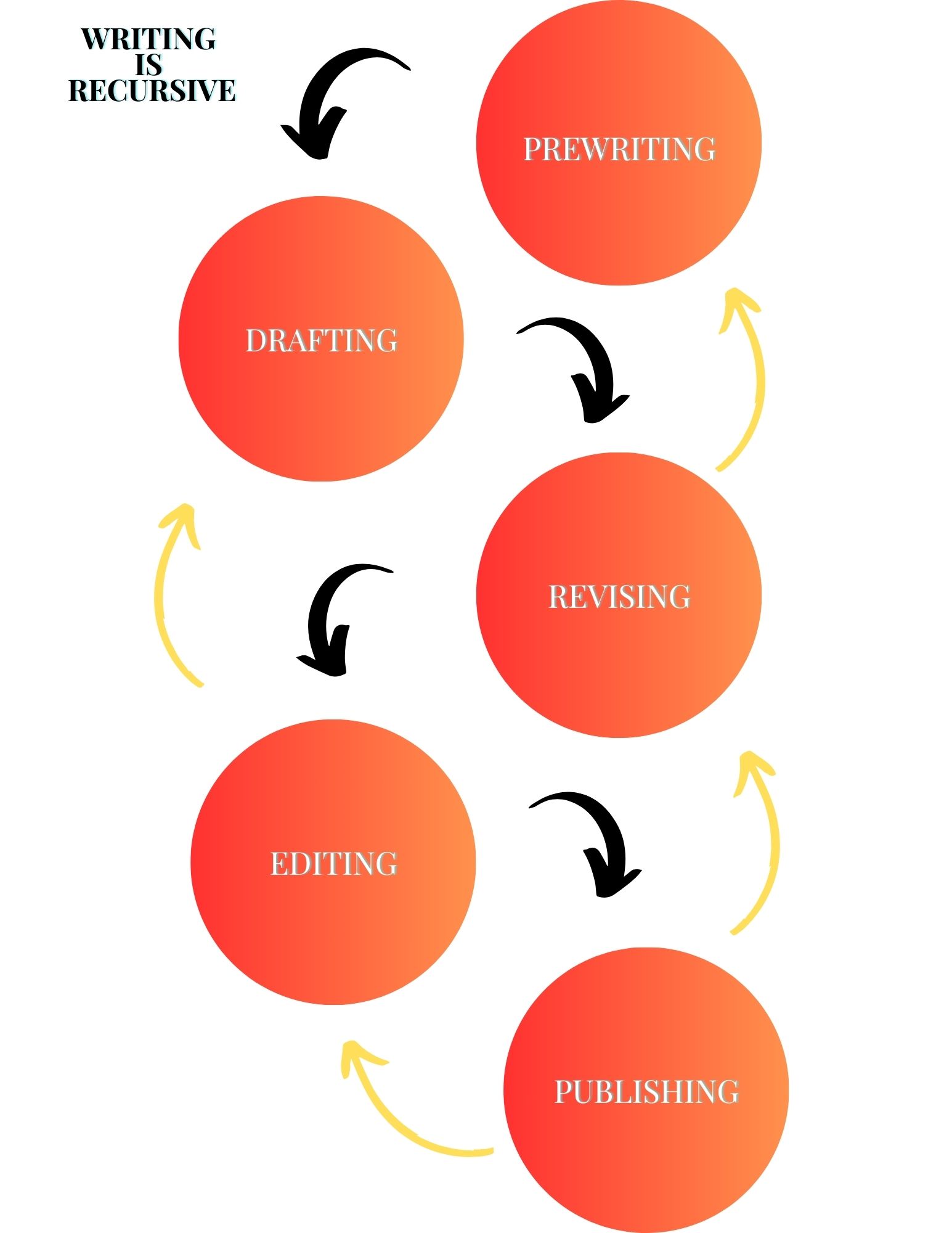Greetings! Today on the blog we are going to be examining the next five chapters in A Connecticut Yankee in King Arthur’s Court by Mark Twain. The book by and large is a critical examination of Gilded Age practices, but also touches in ignorance and ignorance through faith and practice. We see that definitively in the next section of the book.
Chapter XXIV: A Rival Magician
Hank realizes that he has a lot of clout now after his work on the fountain. As such, he begins informing the local populace of the benefits of using soap and staying clean. After his last loss in the battle of cleanliness, somewhere outside of Morgan le Fay’s castle, he feels this is the right moment to continue undermining the kingdom and the church.
In reference to creating a bath, Hank has the wash place created and ready in “two days” and it was a “spacious pool of clear pure water that a body could swim in.” He had through invention enabled running water as well. A miracle in these times.
As for the abbot: “The old abbot kept his word, and was the first to try it. He went down black and shaky, leaving the whole black community above troubled and worried and full of bodings; but he came back white and joyful, and the game was made! another triumph scored” (Abbot).
However, even though his demonstration could be considered a success, he still comes down with a serious cold. At that moment, he comes up with an idea to ingratiate himself into the lives of the freemen by pretending to be one.
XXV: A Competitive Examination
Our protagonist awaits the arrival of King Arthur who is interested in establishing a standing army. However, the standing army is to be assembled under the King’s judgement. Hank understands that there is a problem between nobility and logic, as the King prefers noble blood, as it is tied so closely to divinity.
Hank devises a “competitive examination” that only his “West Pointers” could satisfactorily respond. Though the King still relies on the nobility factor to choose his officers (which includes four generations of nobility), Hank devises a plan in which the King will have his own regiment (which the nobles will simply vie for due to stature) and he will stock the rest with his own men of West Point, who understand warfare to a scathing degree.
Chapter XXVI: The First Newspaper
Continuing, Hank tells Arthur of his plan to disguise themselves as Freemen and venture undisclosed into the land of Arthur’s people to see how they live and to receive his healing touch. In all reality, the King has created a sort of placebo effect in the people, as they all believe in him so dearly that his healing actually “helps” as a spiritual salve, even if the effects are only psychological.
Additionally, the Camelot Weekly Hosannah and Literary Volcano is published and stands as a testament to the work Hank has done for the kingdom, for it is their first newspaper. Hank states: “One greater than kings had arrived—the newsboy. But I was the only person in all that throng who knew the meaning of this mighty birth, and what this imperial magician was come into the world to do.”
Monks intervene out of curiosity and Hank rightly puts them in their place, for their reading and writing skills are now not a specialty but an addition to the literature of a burgeoning literate civilization. As Hank watches the paper move from “group to group all up and down and about that huge hall” his “happy eye was upon it always…” Hank feels a great sense of pride in his accomplishment.
Chapter XXVII: The Yankee and the King Travel Incognito
Before venturing into the realm in disguise, Hank trims Arthur’s hair to look like a peasant. They dress in plain clothes and head out in the morning. Arthur is not very good at a disguise, so Hank works with him to pretend to be a little better; yet, they encounter knights on the road and Arthur, not knowing any better, enrages each traveling troop due to his ignorance of noble customs toward the serfs (as he retains his nobility in task in each setting regardless of Hank’s lamentations).
Finally, a pair of knights take issue with Arthur cursing them out for not standing aside on the road, and Hank saves the king from certain death by throwing explosives at the knights…killing both. Hanks states that it looked like a “steamboat explosion on the Mississippi” and even after the explosion they “stood under a steady drizzle of microscopic fragments of knights and hardware and horse-flesh.”
Chapter XXVIII: Drilling the King
Having murdered a few knights in self defense, Hank works with more vigor to get the Arthur to pretend to be a peasant. As Hank rationalizes, “the king must be drilled” as their venture could not be successful if they did not practice. He states: “… the very cats would know this masquerader for a humbug and no peasant.”
Hank discusses with the King the very life that the peasants lead, and it becomes obvious that Arthur is detached from the reality of society, as most of the nobles are in the kingdom. Hank implores the King to think of a life of debt and one in which he was “eaten up by relentless creditors” while he is “out of work … and can get none; and your wife is sick, your children are crying because they are hungry…”
But, as Hank states, “But lord, it was only just words..” As the King can not relate to what Hank is trying to tell him about the life of the serf. Yet, Hank must reason that this hierarchy is simply a part of life.
Analysis
These chapters continue detailing Hank’s skepticism and udder disdain for feudal society. First, he pokes holes through a charlatan’s beliefs in his own power, much as he did with Merlin.
We also find Hank dismissive and disappointed at the King in his attempts to select officers for his standing army–all of which had to come from royal blood even though they lacked knowledge of battle; and even though Hank has a secret school that trains officers for warfare.
Hank comes across his newspaper and has a win over some monks who are suspicious of his work. Of course, the most literate people in the kingdom are monks, but now that there is a newspaper, and equality of education and information through reading and learning can be met outside of feudalistic restrictions.
King Arthur and Hank also decide to go “incognito”, to go really live a day in the life of a peasant. However, Arthur is so out of touch with the reality of the governed that he has a hard time even pretending to be poor and desperate.
These chapters take shots at the Gilded Age roundly. Remember, Twain is writing about the haves and the have nots. The Gilded Age was replete with economic disparity. Those who were poor worked while the rich collected the riches of their labor (this practice has not changed in modern US society).
The peasants of the age were uninformed, misinformed, uneducated, and desperate for an out; however, working tirelessly until you died in the mines–or a factory–was the reality most workers experienced. Thus, Hank’s dismay at the life of a peasant and the hardships they face are grounded in a world he knows too well.
As he states: “The law of work does seem utterly unfair—but there it is, and nothing can change it: the higher the pay in enjoyment the worker gets out of it, the higher shall be his pay in cash, also. And it’s also the very law of those transparent swindles, transmissible nobility and kingship.”
Works Cited
Project Gutenberg. (n.d.). A Connecticut Yankee in King Arthur’s Court. The Project Gutenberg eBook of A Connecticut Yankee in King Arthur’s Court, by Mark Twain. https://www.gutenberg.org/files/86/86-h/86-h.htm








Leave a Reply